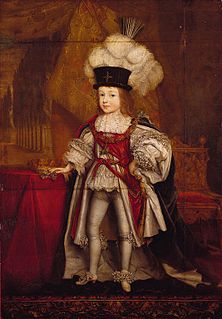This article has multiple issues. Please help improve it or discuss these issues on the talk page . (Learn how and when to remove these template messages) (Learn how and when to remove this template message)
|
Joseph L. Armstrong was a professor at Duke University (at the time, called "Trinity College") best known for reforming Duke's curriculum in the late nineteenth century, changing it to a German research university model with the help of John Franklin Crowell. [1] Armstrong did his undergraduate work at Johns Hopkins University and graduate work at the University of Leipzig.

Duke University is a private research university in Durham, North Carolina. Founded by Methodists and Quakers in the present-day town of Trinity in 1838, the school moved to Durham in 1892. In 1924, tobacco and electric power industrialist James Buchanan Duke established The Duke Endowment and the institution changed its name to honor his deceased father, Washington Duke.

Germany, officially the Federal Republic of Germany, is a country in Central and Western Europe, lying between the Baltic and North Seas to the north, and the Alps to the south. It borders Denmark to the north, Poland and the Czech Republic to the east, Austria and Switzerland to the south, France to the southwest, and Luxembourg, Belgium and the Netherlands to the west.

John Franklin Crowell served as president of Trinity College, the predecessor of Duke University, from 1887 to 1894. Crowell studied economics at Yale University, Columbia University and the University of Berlin. Crowell is primarily known for overseeing Trinity's movement to Durham, North Carolina and for reforming Trinity's curriculum, along with Joseph L. Armstrong, to be more in line with the German research university model. Toward that end Crowell persuaded the competing student literary societies to combine their libraries into a single college collection, where he personally catalogued the books and kept hours at a reference desk to encourage proper research methods. He also corrected the Latin in the college motto. Crowell increased the number of visiting lecturers at Trinity, and helped establish several academic student publications, one of which, the literary magazine The Archive is the second oldest such publication in the United States. Crowell also served as the head coach of the football program from 1888–1889, compiling a 3–2 record. After resigning from Duke, Crowell became head of the Department of Economics and Sociology at Smith College. He received an honorary LL.D. degree from Trinity in 1917.









